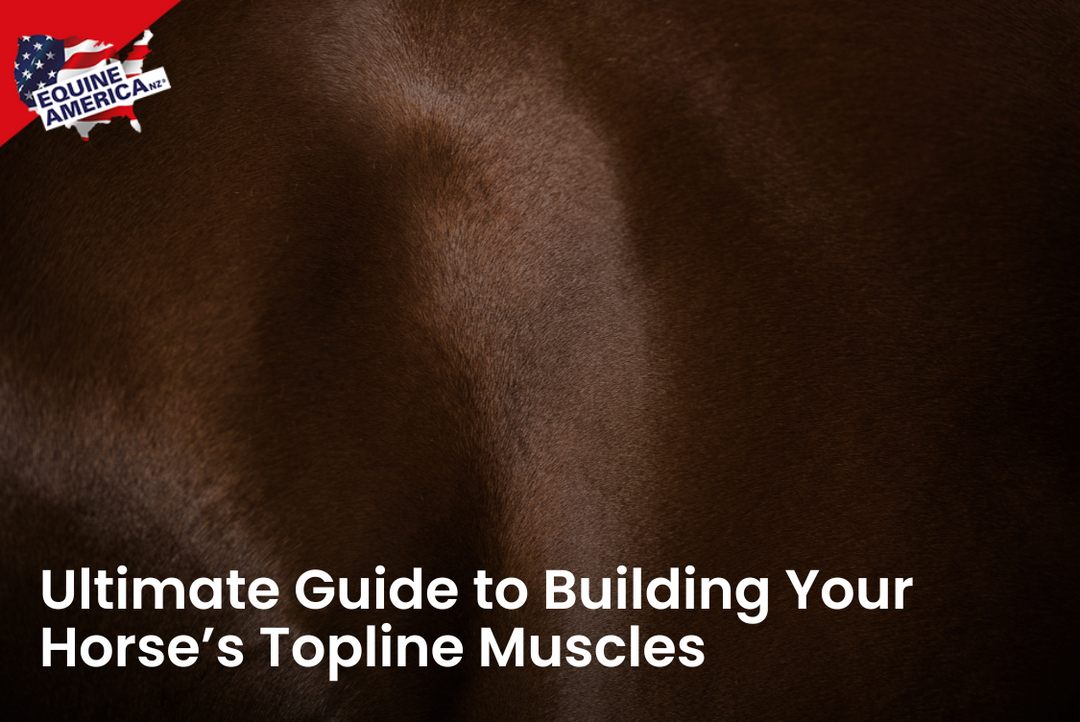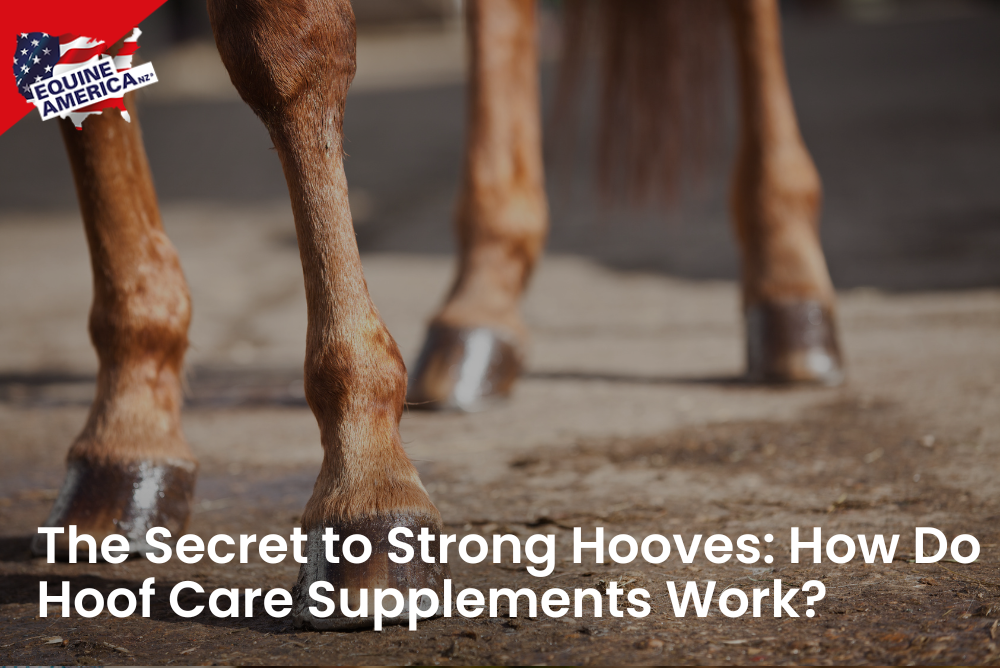Vitamins and minerals are essential nutrients that play a critical role in maintaining the health and well-being of horses. While horses can obtain many of these nutrients from their diet, certain factors may increase the need for supplementation.
In this article, we will explore the signs of deficiency, risks of over-supplementation, benefits, and how to make informed decisions about supplementing your horse's diet.
Understanding the Role of Vitamins and Minerals in Equine Nutrition
Vitamins and minerals are essential for various physiological functions in horses. Vitamins are organic compounds that regulate metabolism and support growth, while minerals are inorganic elements that are necessary for bone development, muscle function, and overall health.
For example, Vitamin A is important for vision, immune function, and skin health, while calcium is crucial for bone strength and muscle function.
Factors Affecting the Need for Vitamin and Mineral Supplements
The need for vitamin and mineral supplements can vary depending on factors such as the age of the horse, level of activity, and the quality of forage and feed. Young, growing horses and those in heavy training may require additional supplementation to meet their nutritional needs.
Additionally, horses that are fed primarily hay or have limited access to fresh pasture may benefit from supplementation, as these forages may not provide all the necessary vitamins and minerals.
Signs of Vitamin and Mineral Deficiencies in Horses
Deficiencies in vitamins and minerals can lead to a range of health issues in horses. Physical symptoms may include poor coat condition, weight loss, and slow growth, while behavioral changes such as lethargy or irritability may also indicate a deficiency.
For example, a deficiency in Vitamin E can lead to muscle weakness and stiffness, while a lack of calcium can result in bone abnormalities.
Risks of Over-Supplementation
While vitamin and mineral supplements can be beneficial, over-supplementation can lead to toxicity and health issues. Certain vitamins, such as Vitamin A and D, can accumulate in the body and reach toxic levels if given in excess. Minerals such as selenium and iron can also be harmful if over-supplemented.
It's important to carefully monitor your horse's diet and consult with a veterinarian or equine nutritionist before adding supplements to ensure they are necessary and given in the correct amounts.
Benefits of Providing Vitamin and Mineral Supplements
Providing vitamin and mineral supplements can help support overall health and address specific nutritional needs.
Supplements may be particularly beneficial for horses with limited access to fresh forage or those with increased nutrient requirements, such as pregnant or lactating mares, growing foals, or horses in heavy training.
Additionally, supplements can be used to address specific deficiencies identified through blood tests or clinical signs.
Types of Vitamin and Mineral Supplements Available
There are various types of vitamin and mineral supplements available, including multi-vitamin and mineral supplements and specific nutrient supplements such as Vitamin E or selenium.
The choice of supplement will depend on your horse's individual needs and any specific deficiencies that need to be addressed.
It's important to choose a supplement that is formulated specifically for horses, as human supplements may not provide the correct balance of nutrients.
Consulting with a Veterinarian or Equine Nutritionist
Before starting your horse on a vitamin or mineral supplement, it's important to consult with a veterinarian or equine nutritionist. They can help assess your horse's nutritional needs and recommend the appropriate supplement based on their age, activity level, and overall health.
A professional can also advise on the correct dosage and duration of supplementation, as well as any potential interactions with other medications or supplements your horse may be taking.
Implementing a Supplement Plan
When implementing a supplement plan, it's essential to choose the right supplement for your horse's needs and to follow the recommended dosage and administration guidelines.
Monitoring your horse's response to supplementation is also important to ensure effectiveness and prevent over-supplementation.
If you notice any adverse effects or changes in your horse's health or behavior, discontinue the supplement and consult with your veterinarian.
Final Thoughts
Vitamins and minerals are essential for maintaining the health and well-being of horses. While many horses can obtain these nutrients from their diet, certain factors may increase the need for supplementation.
By understanding the signs of deficiency, risks of over-supplementation, and consulting with a professional, you can provide your horse with the nutrients they need to maintain optimal health and well-being.
If you’re looking for high-quality supplements for your horse, consider exploring the range of products offered by us here at Equine America NZ. Our extensive selection of products along with performance-enhancing supplements provide you with suitable options to support your horse’s overall health and performance.
Please give us a call at Equine America NZ today at 0800 440 888 to learn more or leave an enquiry.




